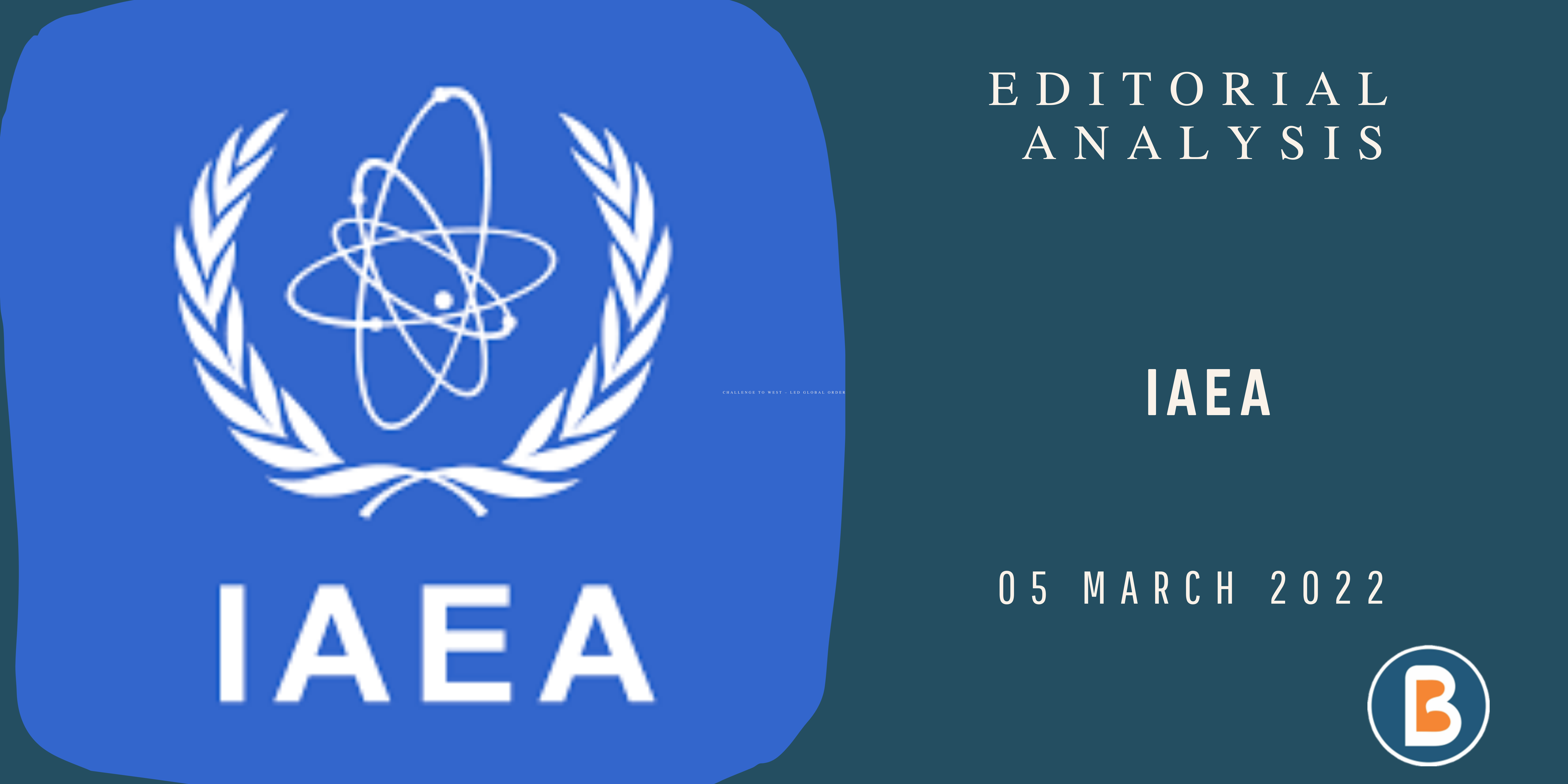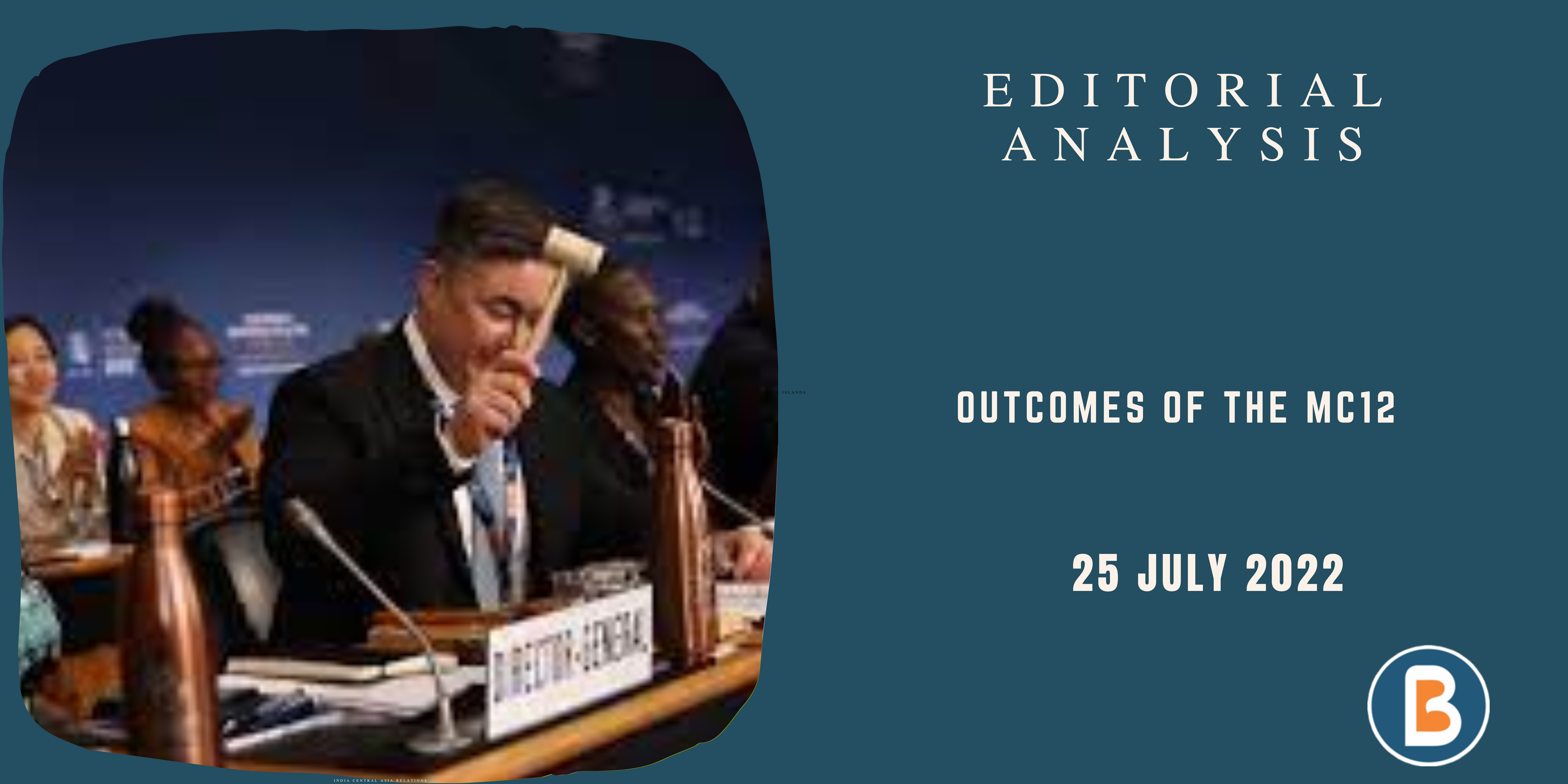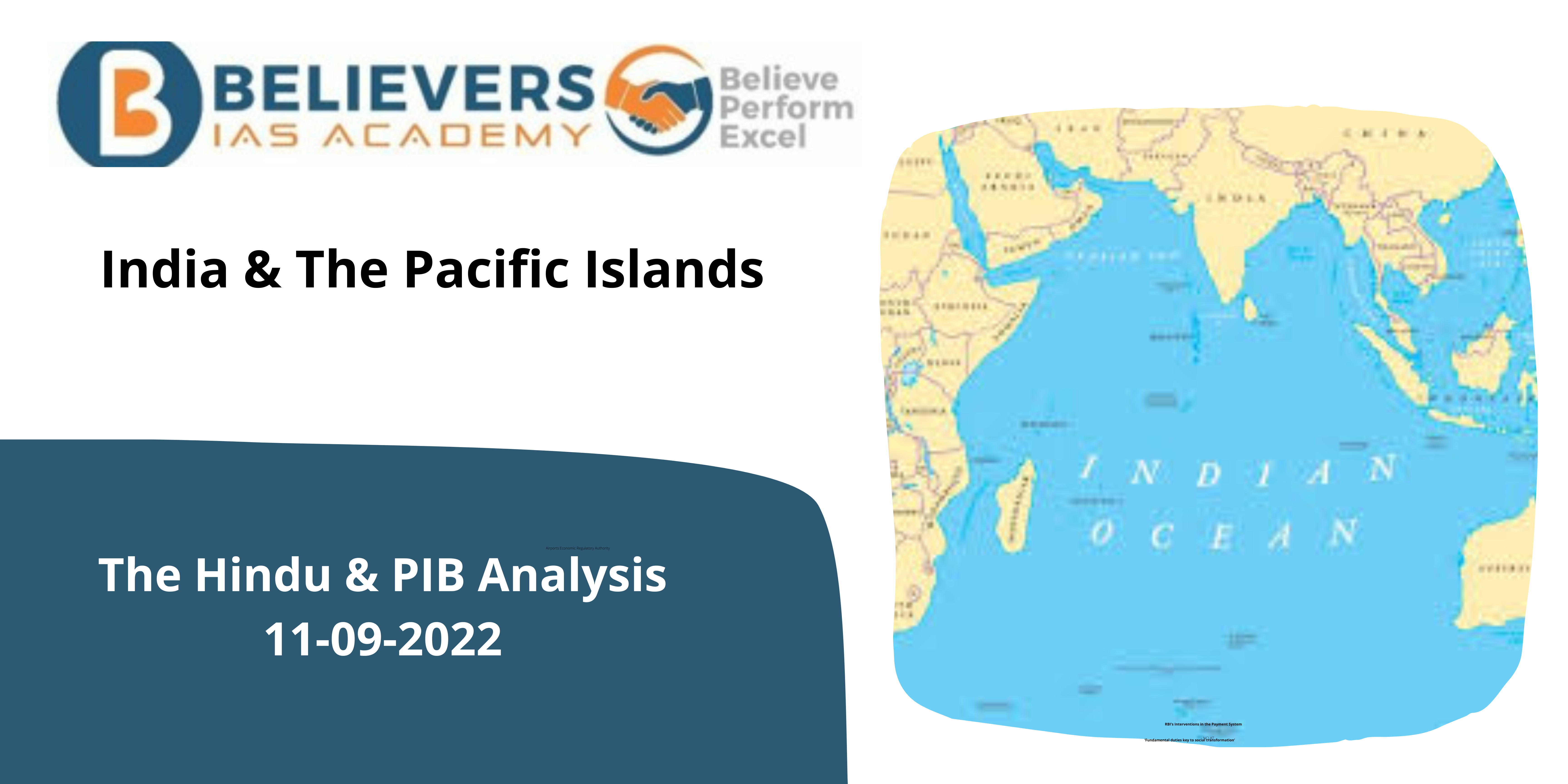IAEA
Context:
- Ukraine informed the International Atomic Energy Agency (IAEA) today that Russian forces had taken control of the site of the country’s Zaporizhzhia Nuclear Power Plant (NPP), but that the nuclear power plant continued to be operated by its regular staff and there had been no release of radioactive material
About:
- Widely known as the world’s “Atoms for Peace and Development” organization within the United Nations family, the IAEA is the international centre for cooperation in the nuclear field.
- The Agency works with its Member States and multiple partners worldwide to promote the safe, secure and peaceful use of nuclear technologies.
Achievements:
- The IAEA is active in championing civil nuclear solution to a number of areas like health, which is one of the main areas of peaceful application of nuclear know-how.
- That apart, in recent years, the IAEA is also active in dealing with climate change, pandemic containment and in the prevention of Zoonotic diseases.
- The IAEA was the first to announce that the North Korean nuclear programme was not peaceful.
Functions:
- It is an independent international organization that reports annually to the UNGA
- When necessary, the IAEA also reports to the UN Security Council in regards to instances of members’ non-compliance with safeguards and security obligations.
IAEA Safeguards:
- Safeguards are activities by which the IAEA can verify that a State is living up to its international commitments not to use nuclear programmes for nuclear-weapons purposes.
- Safeguards are based on assessments of the correctness and completeness of a State’s declared nuclear material and nuclear-related activities.
- Verification measures include on-site inspections, visits, and ongoing monitoring and evaluation.
Challenges:
- It proved to be ineffective to prevent power politics from influencing nuclear negotiations.
- This was particularly visible when Pakistan pursued a nuclear weapons programme in the 1980s and despite overwhelming evidence in possession of the American authorities.
- They did not pursue the case effectively through the IAEA because of the cooperation between the U.S. and Pakistan on the Afghan front.
- IAEA does not have any power to override the sovereign rights of any member nation of the UN.
- The uneven authority produced results when in the case of Iran when the Agency’s efforts were backed by big powers.
- One major criticism of the IAEA is that it never challenges the nuclear dominance of the five permanent members of the UNSC, who themselves hold some of the biggest nuclear arsenals of the world.
Source: THE HINDU.




